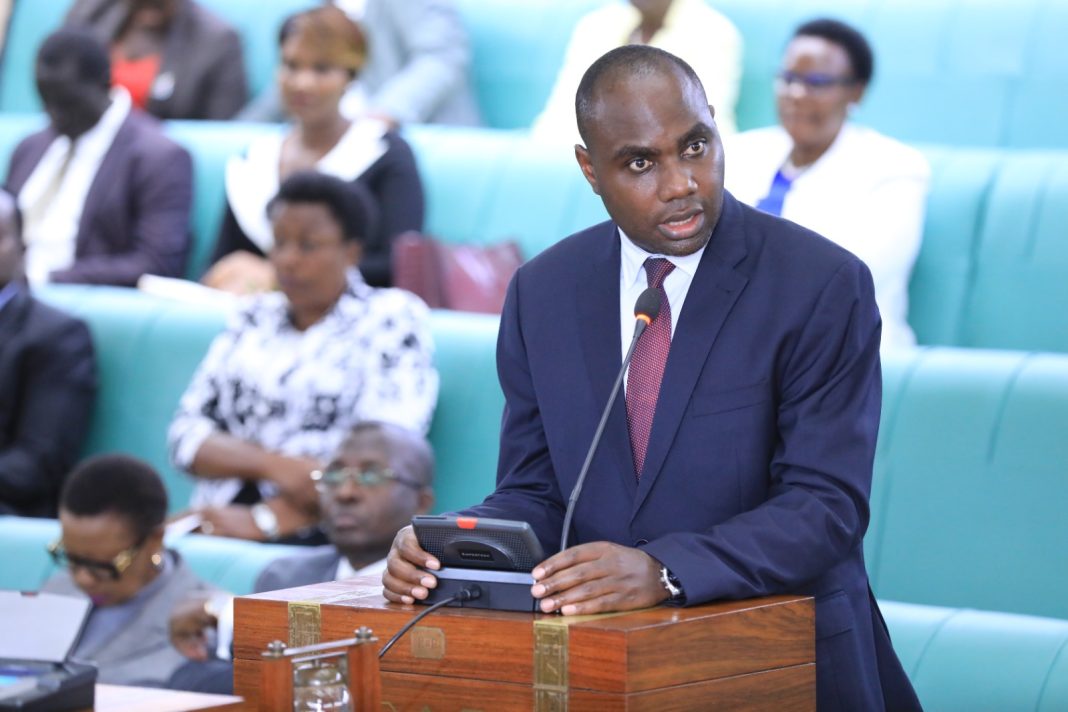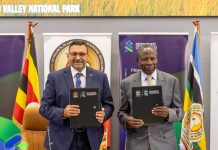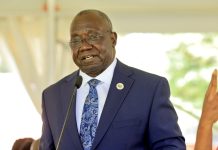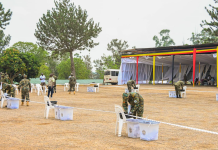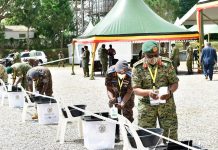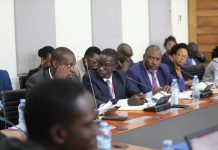The Ministry of Finance has made significant concessions in response to Parliament’s budgetary requests, indicating a change in approach following last year’s tense disputes between legislators and the Executive over funding priorities.
In its revised draft of the National Budget for the Financial Year 2025/26, the ministry integrated Shs3.98 trillion to align with Parliament’s proposals.
Nevertheless, lawmakers raised concerns over repeated items in the new budget that closely resemble those featured in the previous year’s supplementary allocations.
During a session of the Budget Committee on Tuesday, 29 April 2025, Deputy Chairperson Hon. Remigio Achia noted what he described as “promising” signs that the government had responded positively to Parliament’s previous input.
He pointed to funding commitments for essential sectors such as healthcare, tourism, and commercial diplomacy.
“Following last year’s intense disagreement involving us, the minister, and the President, it is evident that several of our suggestions have now been incorporated,” Achia remarked.
“For instance, we strongly advocated for a Shs100 billion allocation towards medicine supply for health centres. This time around, that proposal has been taken on board,” he stated.
Achia also commended the Ministry’s decision to allocate Shs00 billion to the Uganda National Bureau of Standards, recognizing the institution’s vital contribution to agro-industrial development.
“In the past, the bureau was overlooked, but now they have received funds for staffing, equipping laboratories, and purchasing vehicles. This reflects a genuine commitment to agro-industrialisation,” he added.
Additional enhancements included support for the Uganda Development Corporation and increased funding for diplomatic missions under a new commercial diplomacy framework.
“This is the right direction. Let our embassies promote our coffee, our products, and our way of life,” Achia said.
However, the committee expressed disapproval over what was termed as recycled budget provisions.
Achia observed that allocations such as the Shs50 billion for railway restoration and Shs25.7 billion for Ministry of Lands activities—originally presented in the January supplementary budget—had reappeared in the new budget with identical justifications.
“That makes one question whether they believe we’ve forgotten everything between January and April. It’s the exact wording from the January document,” Achia commented.
Hon. Faith Nakut (NRM, Napak District Woman Representative) similarly flagged the reappearance of previously funded items in the proposed budget for the next fiscal year.
Responding to the concern, Minister of State for Finance (General Duties), Hon. Henry Musasizi, acknowledged the oversight and pledged further examination.
“I appreciate the committee highlighting this issue; it’s one of the areas we will review and resolve. We’ll assess the implementation plan, past disbursements, and whether the funds in the earlier supplementary were actually released to the beneficiary entity,” he said.
Musasizi also defended the inclusion of repeated items, explaining that some were deliberately placed in the main budget to reduce the need for future supplementary appropriations.
“If certain items are of a recurring nature, we decided to include them in this year’s main budget to institutionalize their funding,” he concluded.


